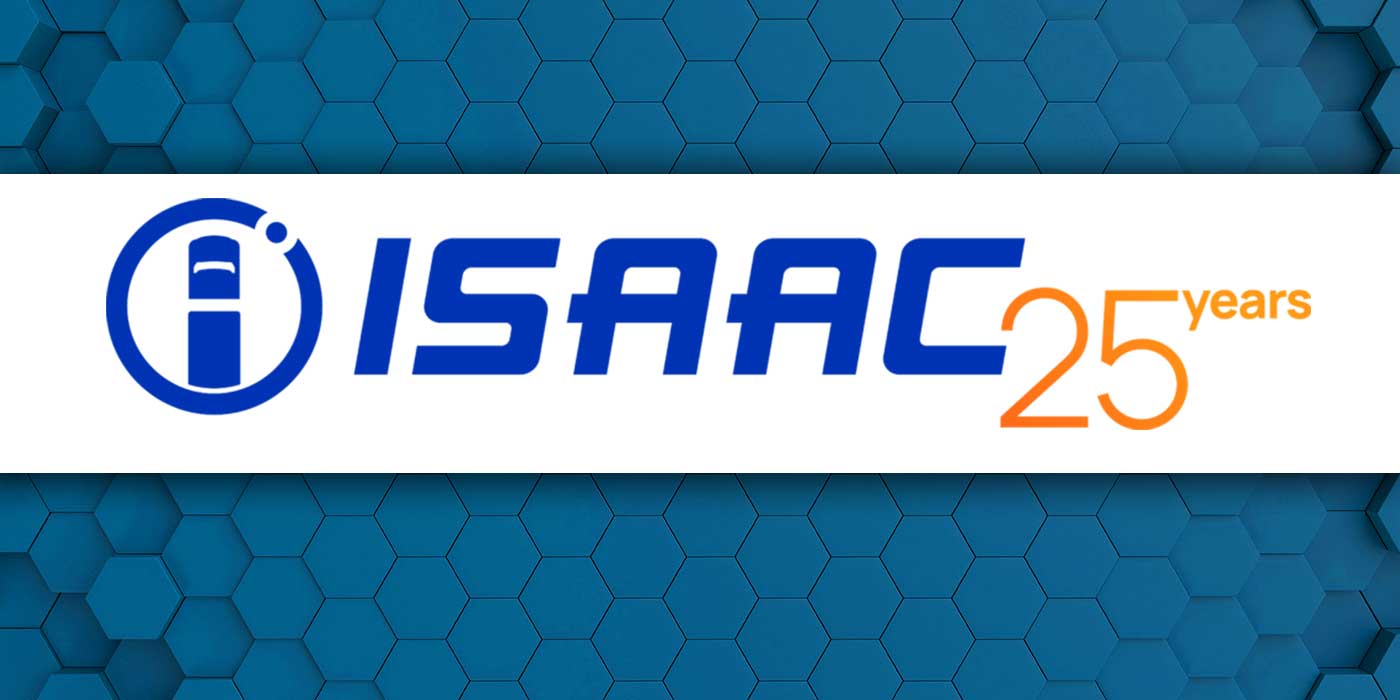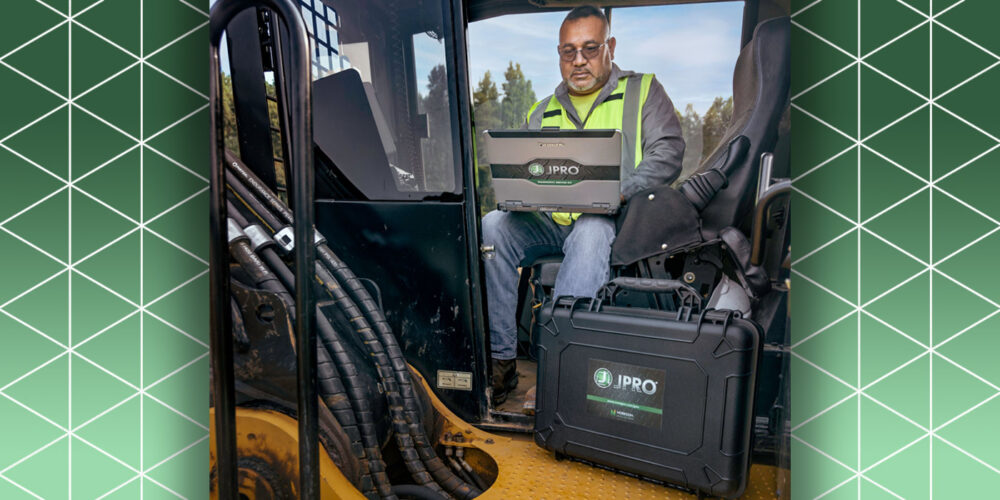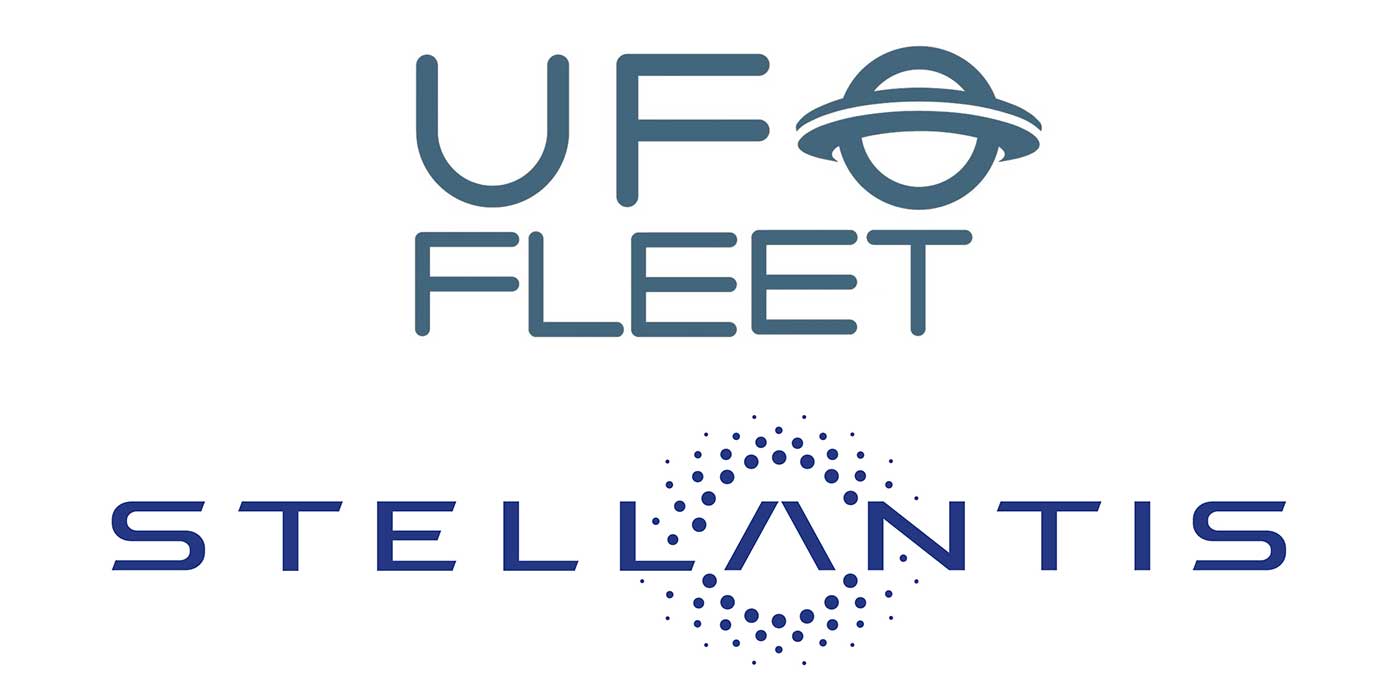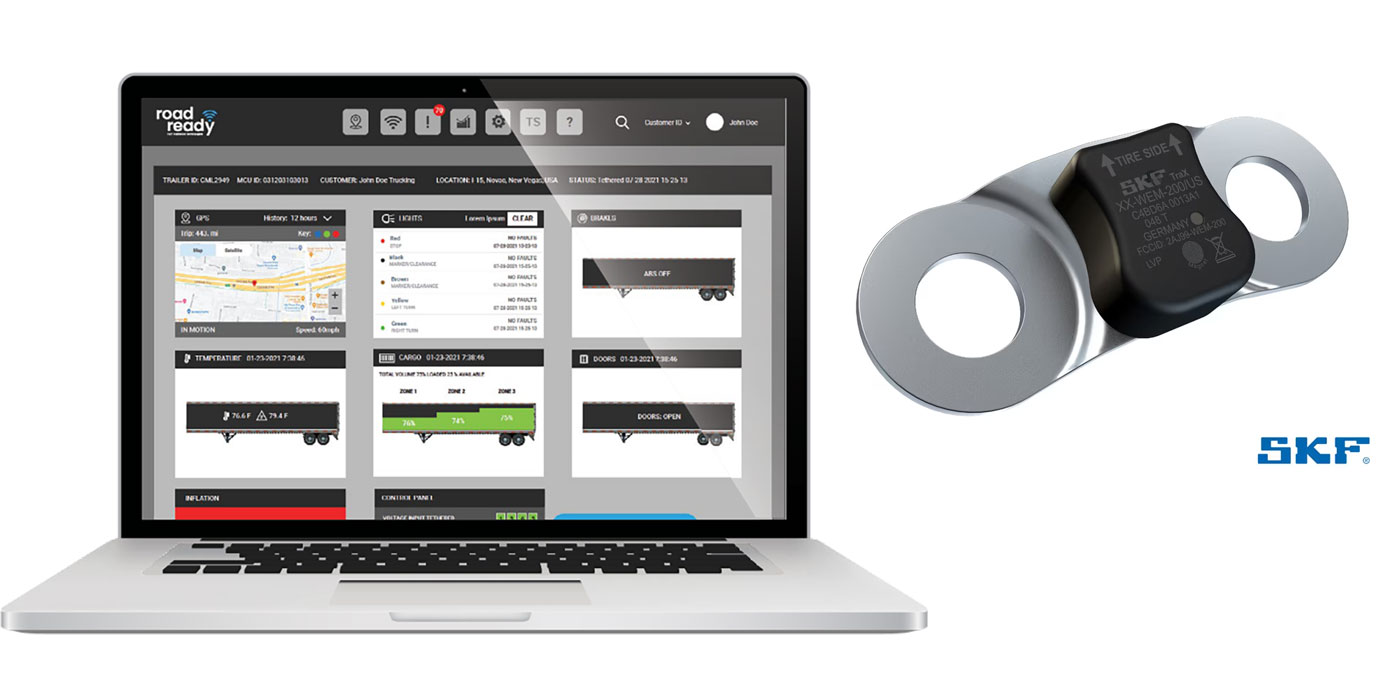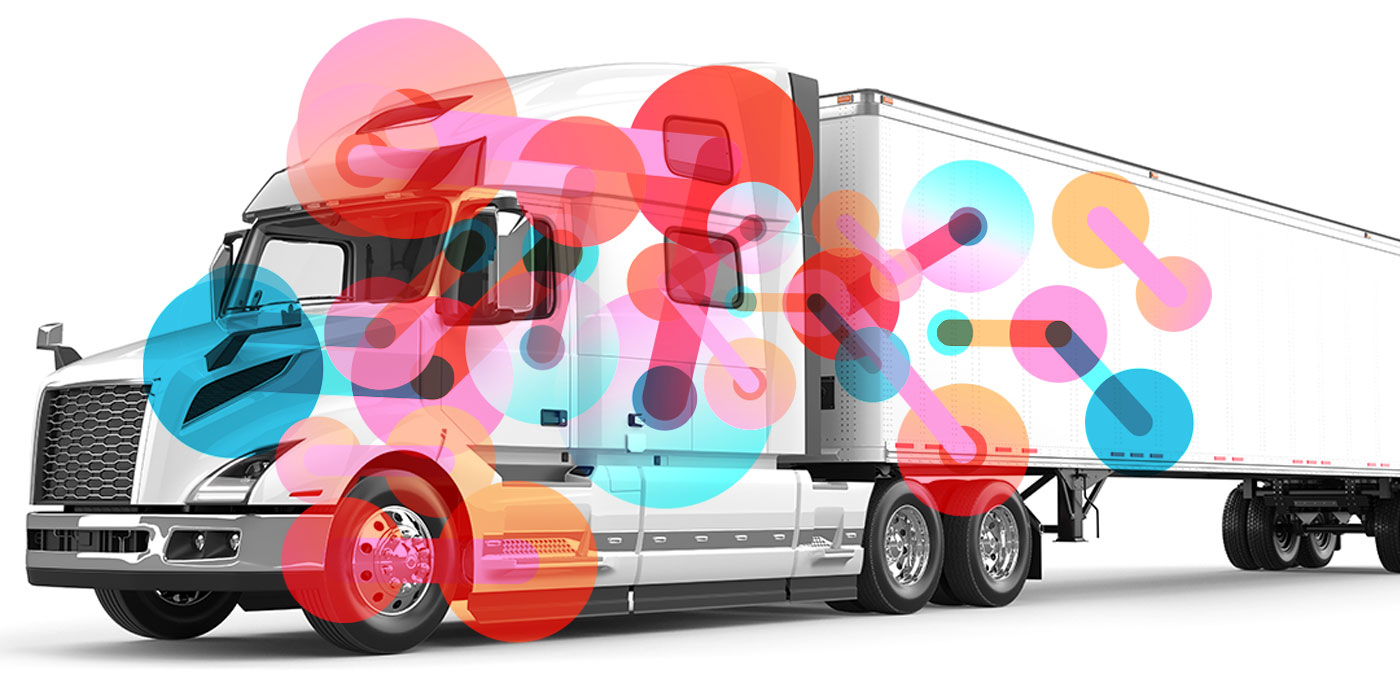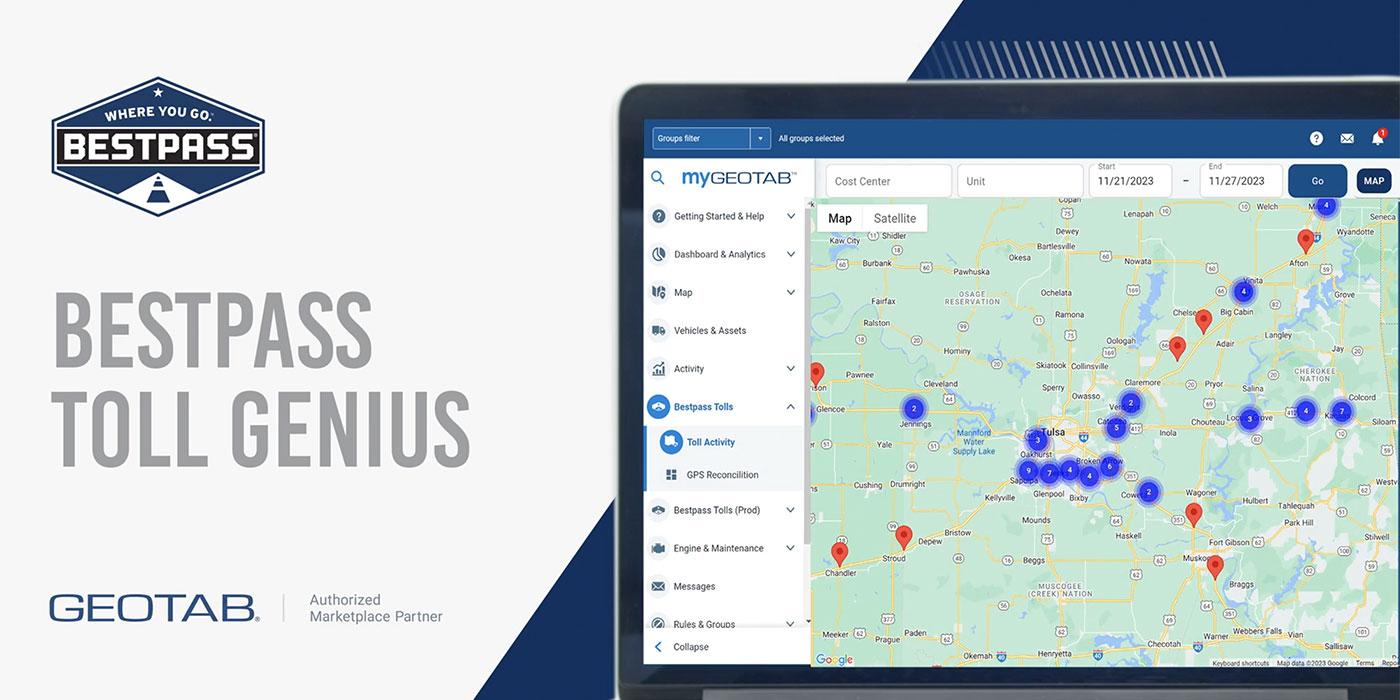A proposed rule to mandate the use of speed limiting devices on heavy-duty trucks was published in the Federal Register on Sept. 7, 2016, officially opening the 60-day comment period on the rule. The U.S. Department of Transportation (DOT) released the proposed rule Aug. 26, which would require trucks weighing more than 26,000 lbs. to use speed limiting devices (also called speed governors). The DOT did not specify a speed to which trucks should be governed, but did suggest three possibilities: 60 MPH, 65 MPH or 68 MPH. Overall, the proposal offers little in the way of guidance toward what a final version of the rule could look like, and the DOT is mainly looking for feedback from the trucking industry and equipment manufacturers about the technical aspects of requiring speed limiters on new trucks as well as those already on the roads.
What does the ruling mean for new and older vehicles? According to Sandy Rosenfeld, CTP, manager of safety operations for Fleet Advantage, the rule will impact all new trucks in service once passed.
“Because of the significant safety implications involved with speed limiters, this is yet another reason why newer is better when it comes to trucks on the road,” she says. “Speed limiters will help reduce accidents and fatalities/injuries, as well as help improve a fleet’s total cost of ownership, driver retention, and overall air quality in the environment.”
How will the varying proposed speeds impact drivers and trucks? “It depends on where the DOT eventually settles,” Rosenfeld answers. “There will be subtle differences between the three in terms of safety records. According to the Federal Register, 162 to 498 lives are saved at 60 MPH; 63 to 214 lives are saved at 65 MPH; and 27 to 96 lives are saved at 68 MPH. In addition to improvements in safety, when calculated over an entire year and across an entire fleet, a difference in just a few MPH here or there could have a significant impact on fuel economy and fuel spend. Thankfully, these newer trucks come with the necessary technology and onboard computers capable of producing critical data that can help fleets track and analyze their fuel spend depending on which MPH setting. Fleets should keep in mind, however, that they can set their speed limiter to a certain mileage, regardless of what the DOT says as long as it is under what the law says. As an example, Fleet Advantage has been specifying trucks and making recommendations to all clients on setting the speed limiter at a certain MPH in an effort to improve safety records and fuel economy.”
“Technology is critical to the speed limiters conversation, but it’s enabling much more,” Rosenfeld continues. “Fleet managers today are relying on data and technology to drive their entire operations, keep drivers safe, and lower their total cost of ownership. At Fleet Advantage, we developed our ATLAAS [Advanced Truck Lifecycle Administrative Analytics] software for this purpose. ATLAAS and its easy-to-use interface gives fleet managers all of their pertinent fleet information and their data analytics and visualizations they need manage their fleet with a few keystrokes, on one platform, without the need for a support team of analysts or data scientists.”
ATLAAS provides fleet managers with data discovery to help them make their fleet decisions based on the lowest cost of operations giving them instant insight to actual vehicle and driver performance, such as speed limiters information, and automatically notifies clients when issues occur, facilitating immediate corrective action.



